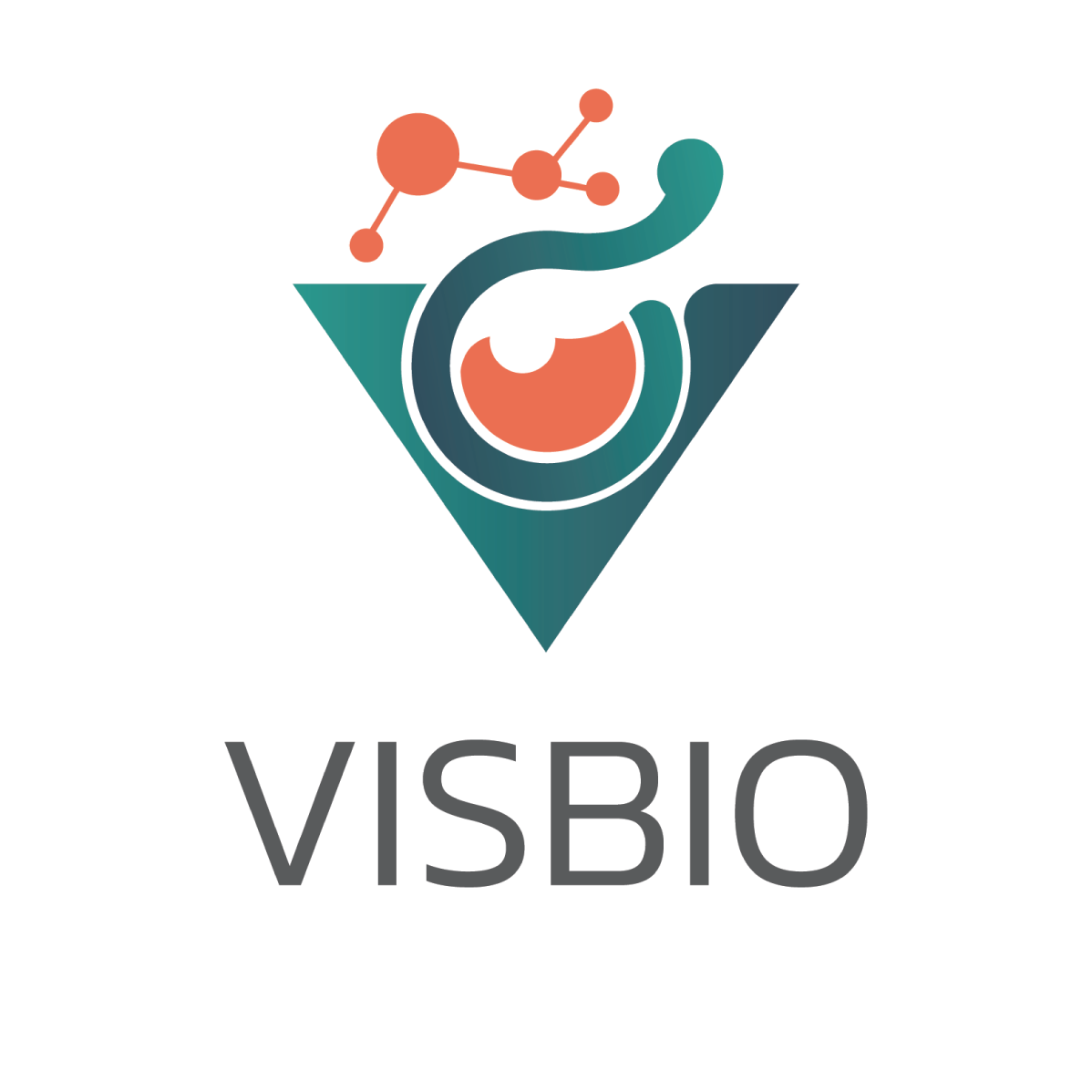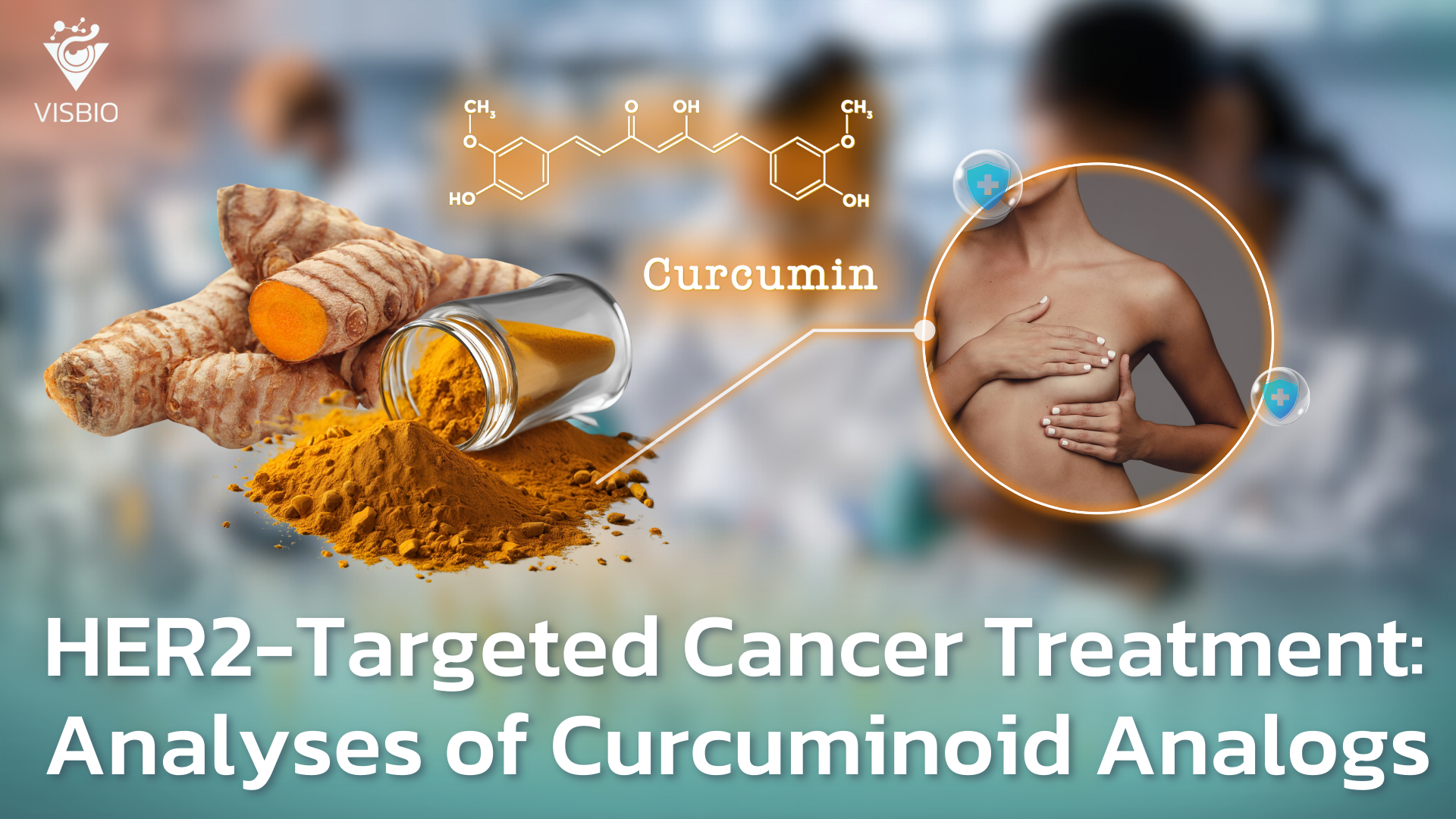The Growing Need for Advanced Cancer Therapies
In the ongoing battle against cancer, one particular protein has taken center stage—HER2 (human epidermal growth factor receptor 2). This protein plays a key role in the aggressiveness of various cancers, including breast, ovarian, and gastric cancers. HER2-positive cancers are known for their fast growth and poor prognosis, making them particularly challenging to treat. Current therapies like Trastuzumab (Herceptin) and Lapatinib have helped many patients, but these treatments are not without drawbacks. Drug resistance, side effects, and limited effectiveness in some cases drive the need for new, more effective therapies.
Curcumin: An Ancient Remedy with Modern Applications
Curcumin, a compound derived from the spice turmeric, has been used for centuries in traditional medicine. Known for its anti-inflammatory, antioxidant, and anticancer properties, curcumin has shown potential in numerous studies. However, curcumin in its natural form has limitations, such as poor bioavailability and weak binding to key cancer-related targets like HER2.
To address these limitations, researchers led by Dr. Kiattawee Choowongkomon explored the power of curcuminoid analogs—synthetic modifications of curcumin designed to enhance its therapeutic potential. Their work focused on two promising analogs, AS-KTC006 and AS-KTC021, which have shown exceptional promise in targeting HER2-positive cancer cells.
Why Target HER2?
HER2 is a protein that plays a pivotal role in cellular growth and survival. When HER2 is overexpressed, it leads to rapid, uncontrolled cell division, fueling tumor growth. Inhibiting HER2 can effectively halt tumor progression, making it a crucial target for cancer therapies. Current HER2-targeting drugs, such as Trastuzumab, have been highly successful but come with the risk of resistance, meaning the cancer cells eventually adapt, making the treatment less effective. This is where curcuminoid analogs could step in, offering a more targeted, natural approach.
The Role of Curcuminoid Analogs in HER2-Targeted Therapy
In their study, Dr. Kiattawee’s team used computational molecular docking techniques to simulate how these curcuminoid analogs interact with the HER2 tyrosine kinase domain. This domain is responsible for the cancer-promoting effects of HER2, and blocking it can significantly slow down cancer growth. The goal was to identify analogs that could bind strongly to the HER2 target, preventing its activation.
In Vitro Testing: Real Results in Breast Cancer Cells
Once the computational analysis identified AS-KTC006 and AS-KTC021 as the most promising candidates, the team tested them on two breast cancer cell lines:
- SKBR3: A cell line that overexpresses HER2.

- MCF-7: A cell line with low HER2 expression.

The results were highly encouraging. Both AS-KTC006 and AS-KTC021 significantly inhibited the growth of HER2-positive SKBR3 cells, with IC50 values (the concentration required to inhibit 50% of cell growth) of 15.4 µM and 16.9 µM, respectively. This means that even at relatively low concentrations, these analogs were able to stop cancer cells from growing. Importantly, the compounds had little effect on the HER2-negative MCF-7 cells, suggesting that these curcumin analogs specifically target HER2-positive cancer cells while sparing normal cells.
This is a crucial advantage, as many current cancer treatments come with significant side effects due to their lack of specificity. The ability to target cancer cells while leaving healthy cells unharmed could lead to more tolerable cancer therapies with fewer side effects.
Stability and Efficacy: A Closer Look with Molecular Dynamics Simulations
The research team didn’t stop with in vitro tests. They took the investigation further by using molecular dynamics simulations to study how stably the curcuminoid analogs bind to HER2 over time. These simulations confirmed that both AS-KTC006 and AS-KTC021 remained tightly bound to the HER2 tyrosine kinase domain for a significant period (30 nanoseconds).
AS-KTC006, with its β-diketone moiety, showed greater flexibility and better binding stability than AS-KTC021, which is still effective but slightly less flexible. This makes AS-KTC006 a particularly strong candidate for further development as a HER2 inhibitor. Its ability to bind tightly and stay locked into the HER2 target suggests that it could offer a more durable response in cancer treatment.
What Does This Mean for Your Business?
 The discovery of AS-KTC006 and AS-KTC021 opens up new avenues in the development of natural, plant-derived cancer treatments. The market for targeted cancer therapies is booming, and there’s growing demand for treatments that are not only effective but also come with fewer side effects. Curcumin has long been celebrated for its health benefits, and these new findings highlight the potential of curcuminoid analogs as next-generation HER2 inhibitors.
The discovery of AS-KTC006 and AS-KTC021 opens up new avenues in the development of natural, plant-derived cancer treatments. The market for targeted cancer therapies is booming, and there’s growing demand for treatments that are not only effective but also come with fewer side effects. Curcumin has long been celebrated for its health benefits, and these new findings highlight the potential of curcuminoid analogs as next-generation HER2 inhibitors.
- Targeted Cancer Therapies: With the rise in HER2-positive cancers, particularly in breast cancer, the potential market for new treatments is enormous. Businesses that invest in developing curcumin-based HER2 inhibitors could gain a significant foothold in the oncology market.
- Natural Therapies: Consumers are increasingly seeking plant-based alternatives to traditional medicines. The combination of curcumin’s natural origins and its powerful cancer-fighting properties could be a winning formula for companies looking to meet this demand.
Why Now Is the Time to Invest
The pharmaceutical industry is constantly evolving, with increasing reliance on computational methods to speed up drug discovery. The ability to simulate drug-target interactions in silico allows for more efficient and cost-effective drug development. By investing in the development of curcumin analog-based drugs, your business can tap into the growing market for natural therapeutics, while leveraging the latest advances in computational drug design.
Collaboration with research institutions, such as the team behind this groundbreaking study, could lead to the creation of proprietary curcumin-based HER2 inhibitors. This positions your company as a leader in innovative cancer therapies, offering treatments that meet the rising demand for plant-derived solutions.
Partner with Us for Cutting-Edge Cancer Research
The time to act is now. The potential of curcumin analogs in HER2-positive cancer treatment is vast, and businesses that move quickly can capitalize on this breakthrough. If you’re interested in exploring the commercial applications of these findings, contact us for a free consultation. Let’s work together to develop groundbreaking natural therapeutics that could transform cancer care.
About the Author
 Associate Professor Dr. Kiattawee Choowongkomon is a leading researcher in the field of biochemistry, with expertise in natural extracts, proteins, and biosensors. Through research collaborations with leading institutions both in Thailand and internationally, His work focuses on the development of innovative solutions for healthcare and biotechnology.
Associate Professor Dr. Kiattawee Choowongkomon is a leading researcher in the field of biochemistry, with expertise in natural extracts, proteins, and biosensors. Through research collaborations with leading institutions both in Thailand and internationally, His work focuses on the development of innovative solutions for healthcare and biotechnology.
About the Research
This study investigates the efficacy of curcumin analogs in inhibiting the HER2 tyrosine kinase domain, with a focus on two compounds: AS-KTC006 and AS-KTC021. The research combined computational docking, cell-based assays, and molecular dynamics simulations to explore these compounds’ potential as HER2 inhibitors for cancer therapy. The findings were published in BMC Bioinformatics with DOI: 10.1186/1471-2105-15-261.


